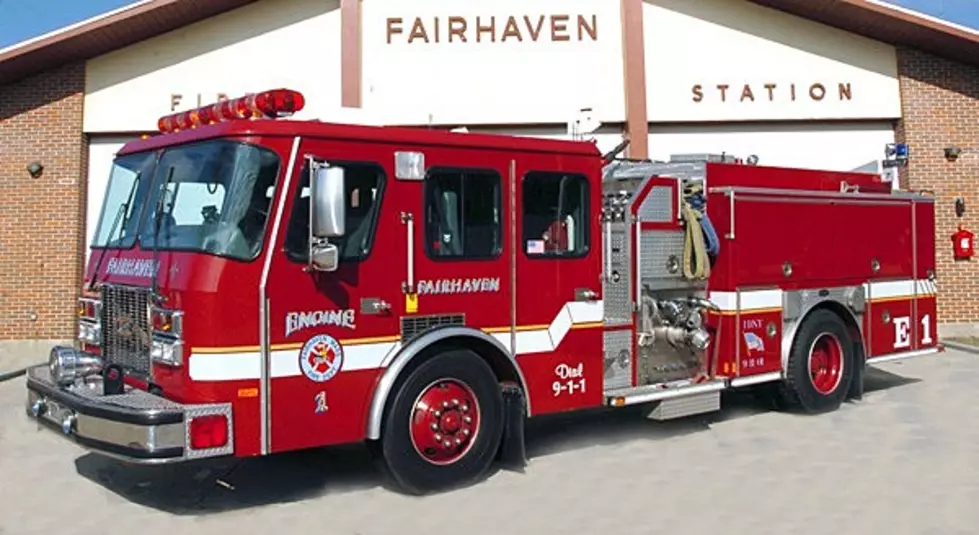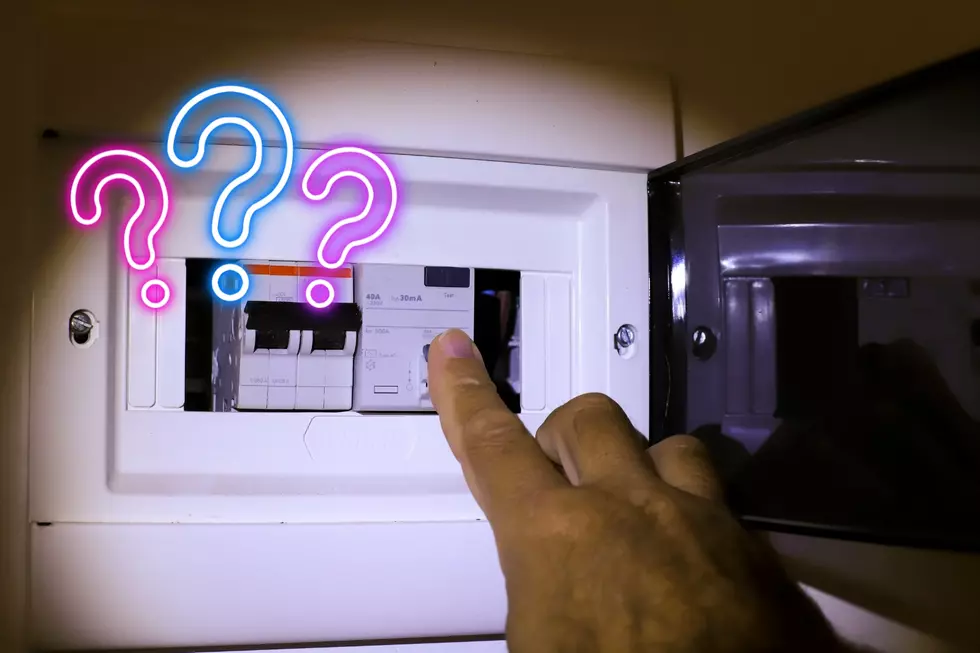
Fairhaven Firefighters Sound the Alarm on Low Staffing Levels
The Fairhaven Firefighters Association Local 1555 took to Facebook early last week to warn residents of a call they believe demonstrated the potentially dangerous consequences of the department's inadequate staffing levels.
"Yesterday, crews responded to a fire in a housing complex on Main Street. One of our crews was on a medical emergency when the calls for a fire came in," the post read. "This left just three firefighters to respond in three different pieces of apparatus."
The post then explained that a single firefighter was left to make the initial breach into the burning building in a situation where there were potential victims in need of rescue.
"Enough is enough and we need to get our staffing to the safe and proper levels," the union wrote. "Options have been explored and exhausted! They do not work. We need to add full time firefighters to our ranks to provide the service that the community deserves."
The post then thanked departments from the surrounding towns for providing mutual aid.
According to Union President Kevin Gonsalves, the New Bedford Firefighters assisted on the scene, Mattapoisett Fire provided a truck to cover at the Fairhaven Fire Station and Acushnet sent an ambulance after a police officer on scene suffered an injury from falling glass.
Gonsalves told WBSM that currently the Fairhaven Fire Department has six firefighters per shift. There have been new recruits hired which is expected to bring per-shift staffing to seven firefighters by July 1.
However, based on a manpower study commissioned by the union, which takes into consideration Fairhaven Fire's call volume, population, policies and procedures, and other factors, the optimal staffing level is 14 firefighters per shift.
Gonsalves said that the union, along with Fairhaven Fire Chief Todd Correia, is currently seeking a staffing level of nine firefighters per shift, which is a level that Gonsalves said can make responding to calls much more tenable.
The other issue, according to Gonsalves, is that firefighters that are staffed on shift are spread too thin with other responsibilities, such as ambulance and dispatch.
The union is hoping Fairhaven will move to civilian dispatchers or regionalize its dispatching, which is something the town is taking under advisement.

Gonsalves said that moving firefighters off dispatch and adding staff to the shifts will allow them to more adequately staff the pieces of apparatus for the initial attack, which is when firefighters arrive on scene and begin battling the blazes.
The fire on Main Street that the union cited on Facebook had one firefighter per apparatus. The National Fire Protection Association says optimal staffing levels for the apparatuses is four per truck, but many departments operate with three.
This is because each person on the truck is designated with a specific task to begin the initial attack.
Gonsalves acknowledged and appreciated the role that call firefighters play in responding to fires, but he emphasized the importance of the having the full-time staff ready and on the trucks to execute the initial attack.
"Fire doubles in size every 30 seconds," Gonsalves said. "So if there isn't an active extinguishing agent being put on the fire and an active initial attack taking place, it can really get head of you."
He also said that fewer people for the initial attack presents a danger to the firefighters who are on scene and will not wait for additional support to arrive on scene to begin fighting the fire.
"We're firefighters," Gonsalves said. “We’re not going wait for three guys to be on scene. We’re going to go in and do something.”
Staffing firefighters, like all municipal departments, is always an issue of whether a town or city can or is willing to allocate the funding to make the requisite hires.
Gonsalves said there are options on the table for the town, such as pursuing federal grants and reallocating currently available municipal funds.
The union has also supported an override of Proposition 2½ in order for the town to secure the funding needed for a nine firefighters per shift.
A Prop 2½ override would be an authorization from the town to raise taxes above the state-mandated cap of 2.5 percent per year.
According to Gonsalves, study commissioned by the union showed that a Prop 2½ override would result in a more safely staffed fire department and would cost Fairhaven taxpayers less than $2 per week.
He further cautioned the town will likely end up paying the expense on the back end if something disastrous happens as a result of inadequate staffing.
"It's not a matter of if, it's a matter of when something ends up happening," Gonsalves said.
The five members of the Fairhaven Selectboard were reached for comment on this story but said they were unable to comment due to the fact that they are currently engaged in contract negotiations with the union.
Fairhaven Town Administrator Angie Lopes Ellison also declined to comment on the staffing issues raised by the union due to the ongoing contract negotiations, but said as Town Administrator it is her responsibility to adequately staff the town across all of its departments.
New Bedford Boy With Spina Bifida Gets Inside Look at Police and Fire Station
Top News Stories for February
More From WBSM-AM/AM 1420









